[ad_1]
The Volvo Duett was one of Volvo’s first cars imported to the USA.
Volvo has high hopes for its upcoming EM90 electric minivan, going so far as comparing it to the brand’s iconic Duett – an old-school wagon from before the era of modern minivans and SUVs. In a social media post, Volvo says, “50 years later, another icon is born. Meet our new MPV (multi-purpose vehicle),” and shows blurred angles of the new van juxtaposed next to clear angles of a lovely tan and white Duett.
The phrase “multi-purpose vehicle” is the European term for what we in America call minivans, but we have a hard time believing it will live up to the utilitarian and indestructible reputation of the Duett since it’s set to be as high-tech as the EX90. The Duett had a life that spanned decades, putting Volvo’s estates on the map and proving the brand could create a vehicle for the masses. It was a true multi-purpose vehicle and is beloved by collectors today, so can the EM90 really compete?
The Duett’s bones can actually be traced back to 1949 with the creation of the PV445. Based on the PV444 but with a separate chassis frame, the vehicle was Volvo’s first attempt at a utilitarian workhorse that could be offered in van, pickup, convertible, and estate body types thanks to the myriad of coachbuilders that catered to clients’ needs. With a 1.4-liter four-cylinder engine pushing out 40 horsepower and low gearing, the vehicle became beloved by anyone who owned one.
The issue, at least according to Volvo, was that the vehicles were so well built that, over time, sales slowed and inventory grew because owners were using their PV445s much longer than expected. This, along with the downfall of coachbuilders, led Volvo president Assar Gabrielsson to demand the company start to build their own van from the PV445 chassis. Engineer Erik Skoog went to work, and then a little over a year later, in 1953, the Duett was born.
It was called the Duett since it served as two cars, one for work and one for leisure. It featured a much more comfortable interior than the PV445 and could be had in either Delivery van, Estate, Van, Passenger estate, and 210 Duett versions.
This vehicle became an even larger hit than the ones that preceded it, enjoying constant improvements over its life, all the while keeping its 1940s styling. It was eventually discontinued in 1969 due to more stringent crash regulations, but by then, it had become a legend, with more than 100,000 sold worldwide during its life.
Again, It started the line of estate cars Volvo has become so famous for, so comparing the EM90 to it raises our expectations of the upcoming van. Proportionally, it looks to be very similar, but we imagine that’s where the real-world comparisons will end.
Thanks to some recently leaked pictures courtesy of the Chinese government, we know the van is a Zeekyr 009 under the skin due to platform sharing; you can thank their parent company Geely for that one. But despite this, it still manages to keep its own identity.
So far, Volvo only expects to sell the van in the Chinese market due to its massive appetite for large and luxurious modes of transportation. This isn’t a country that wants an S-Class nearly as much as it wants a stretched-out Lexus minivan, and thanks to this, its minivan options are many and varied. This is why Geely thinks similar vans can work in the same market.
Looking at the 009, we can expect a rear motor option or a dual one pushing out 536 hp. Range should be ample, with the 009 claiming 436 miles with a 116 kWh battery pack or 511 miles with a 140 kWh battery, but if it comes to America, expect much less than these since the Chinese fuel economy testing is much more optimistic than the EPA’s.
It’s set to be high-tech, luxurious, and probably overly complicated – a massive contrast to the rugged and honest Duett. So, is it a fair comparison? We’re not sure, but we’ll hold off on finalizing our opinions until it’s fully unveiled on November 16th.
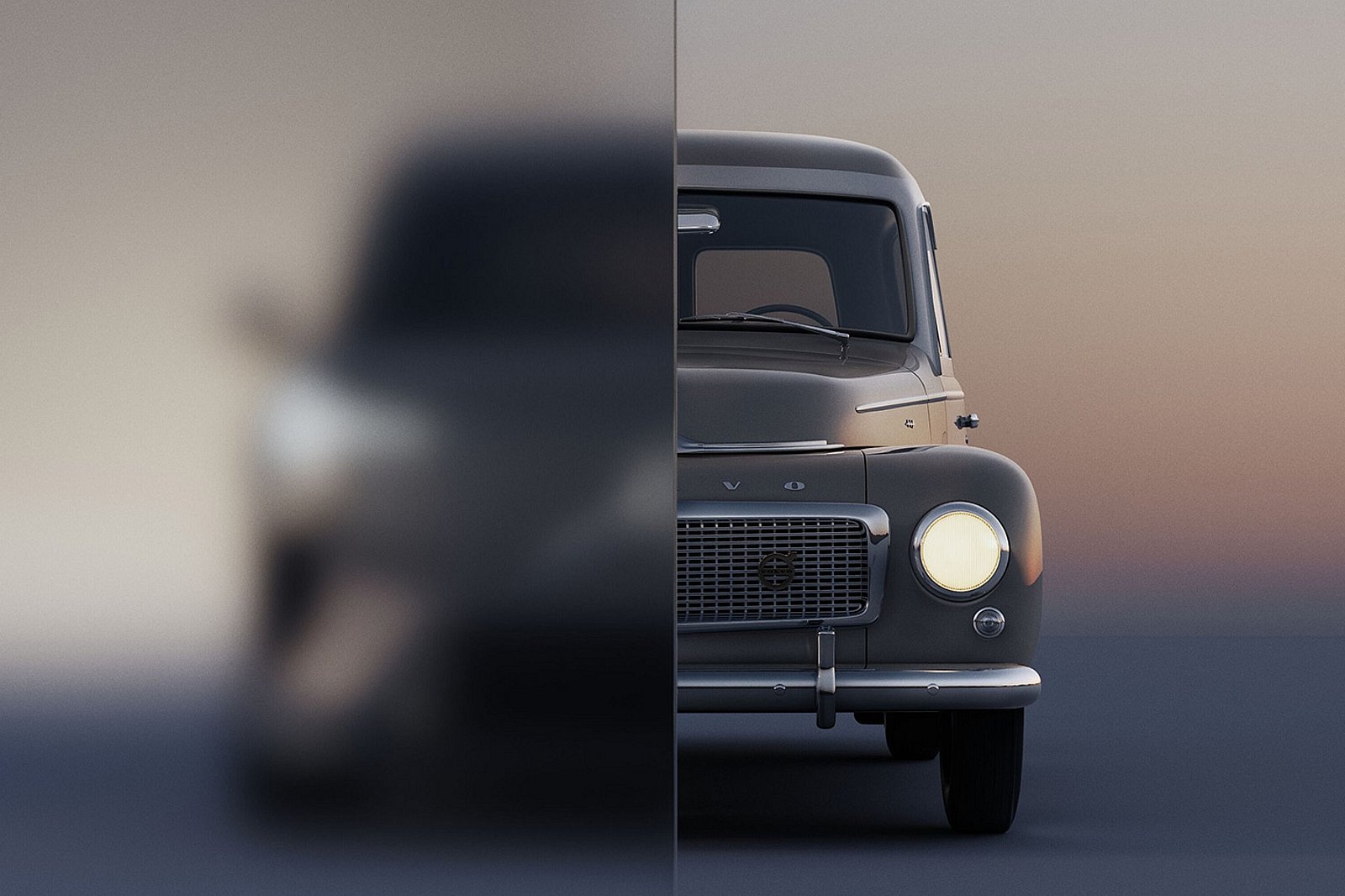 Volvo
Volvo
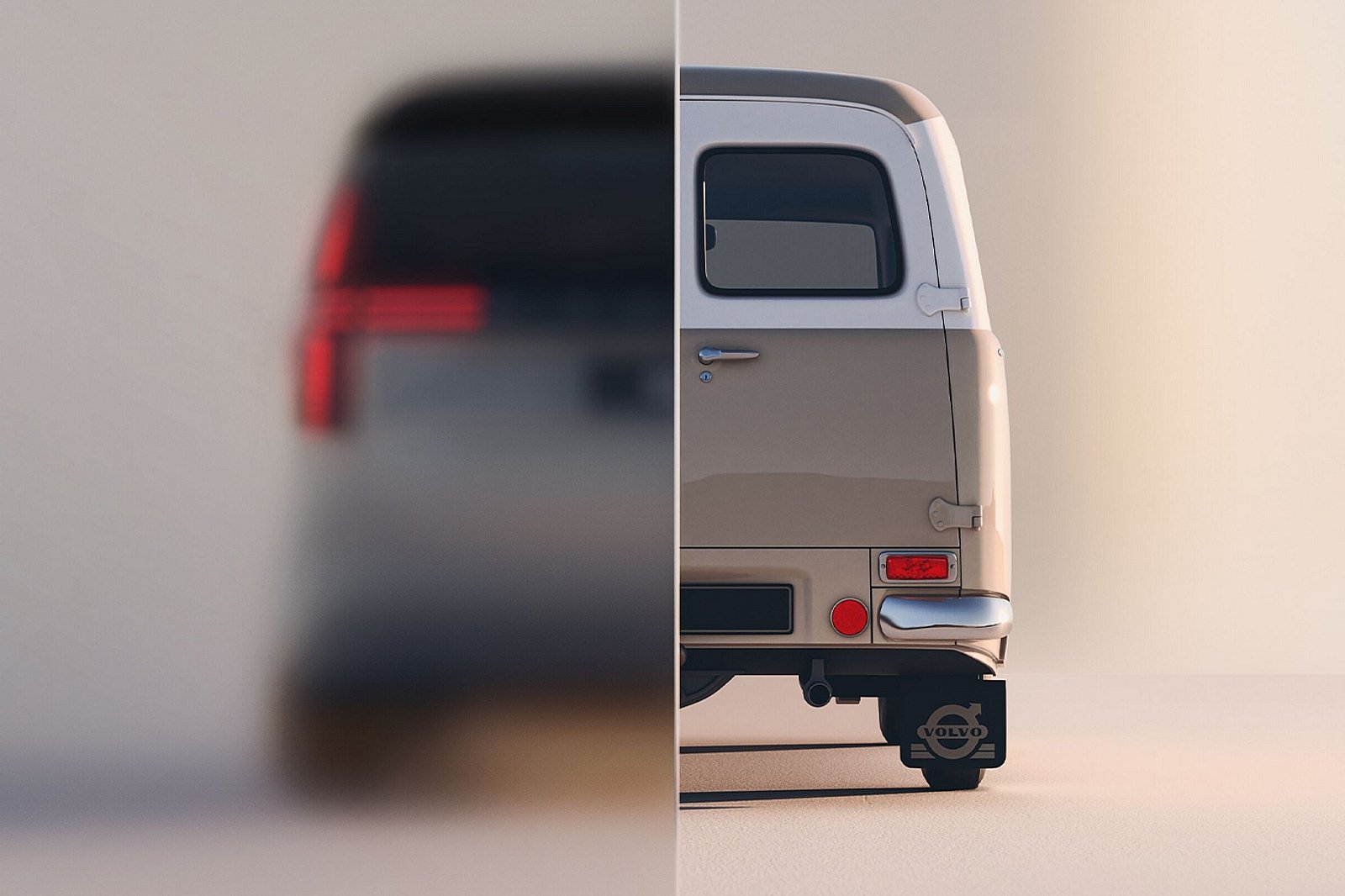 Volvo
Volvo
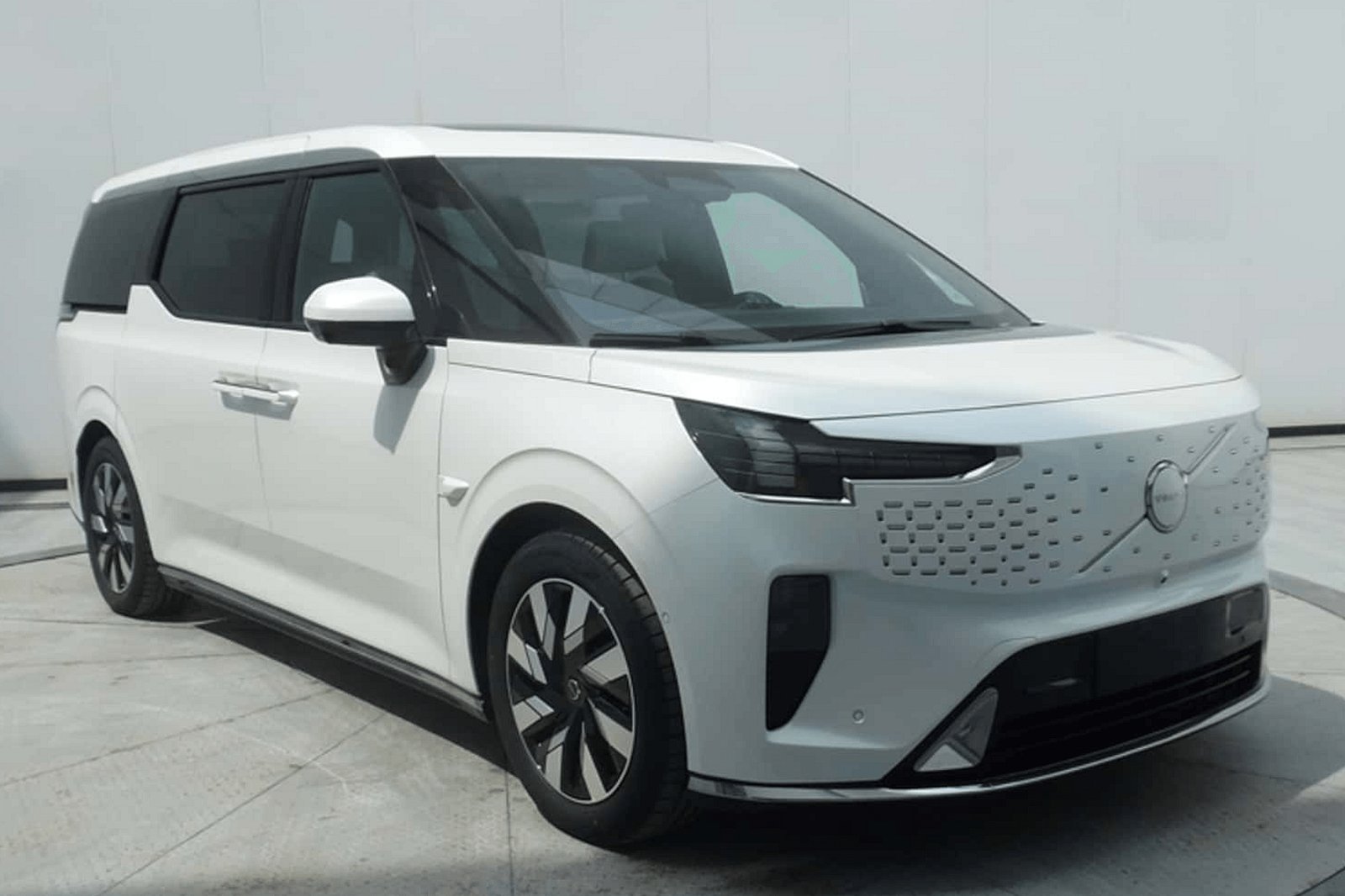 China Ministry of Industry and Information Technology
China Ministry of Industry and Information Technology
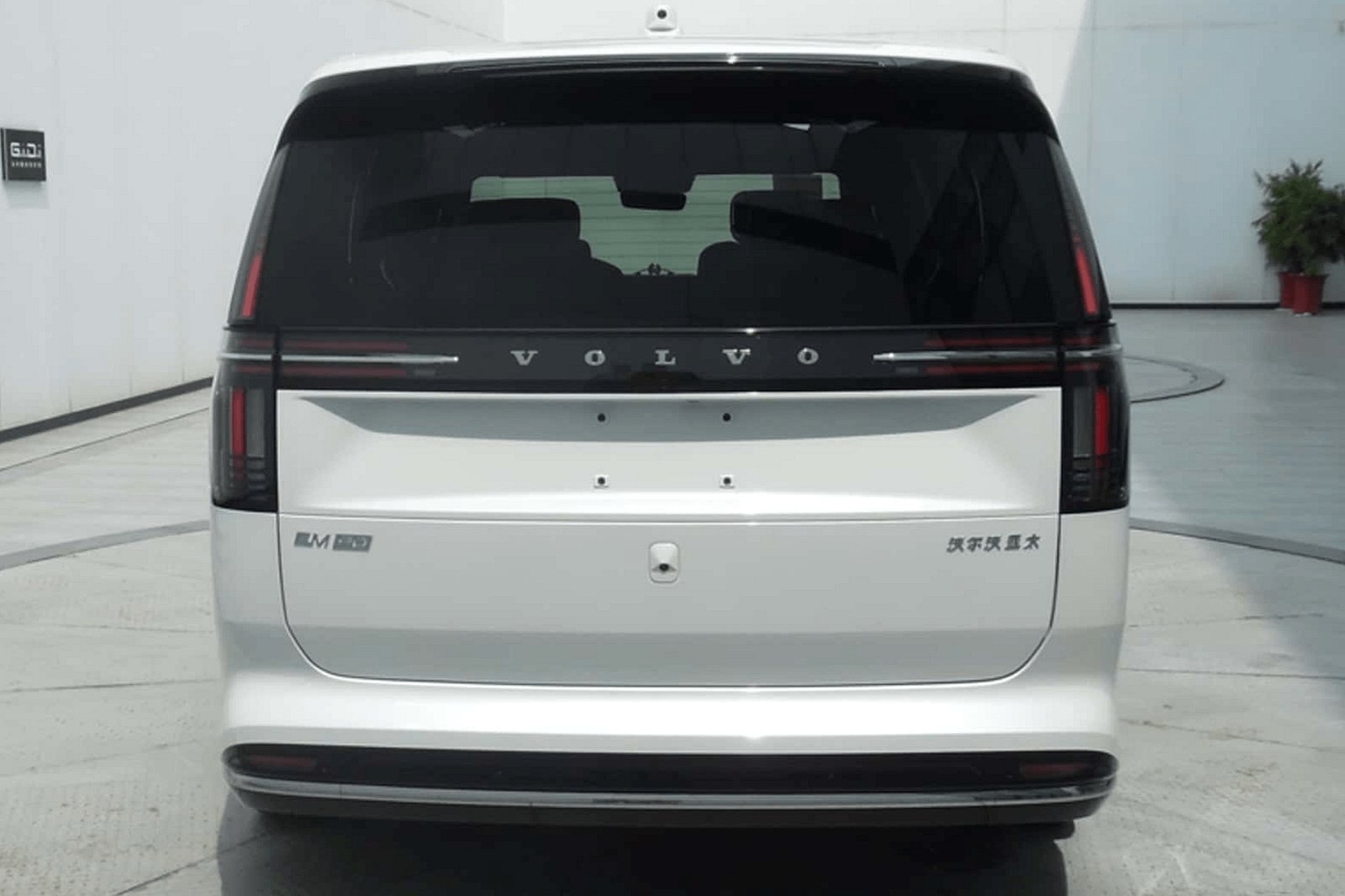 China Ministry of Industry and Information Technology
China Ministry of Industry and Information Technology
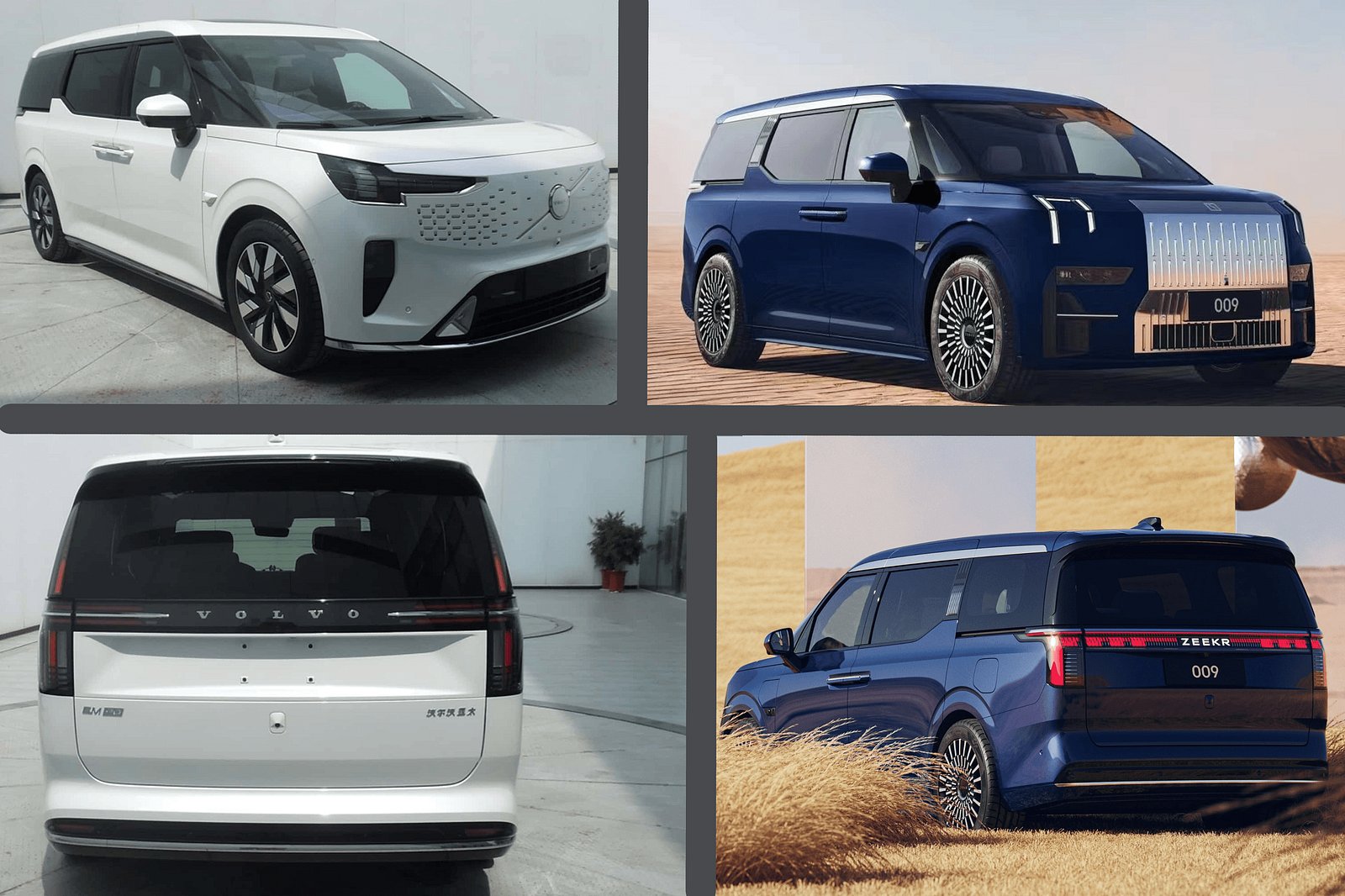 CarBuzz
CarBuzz
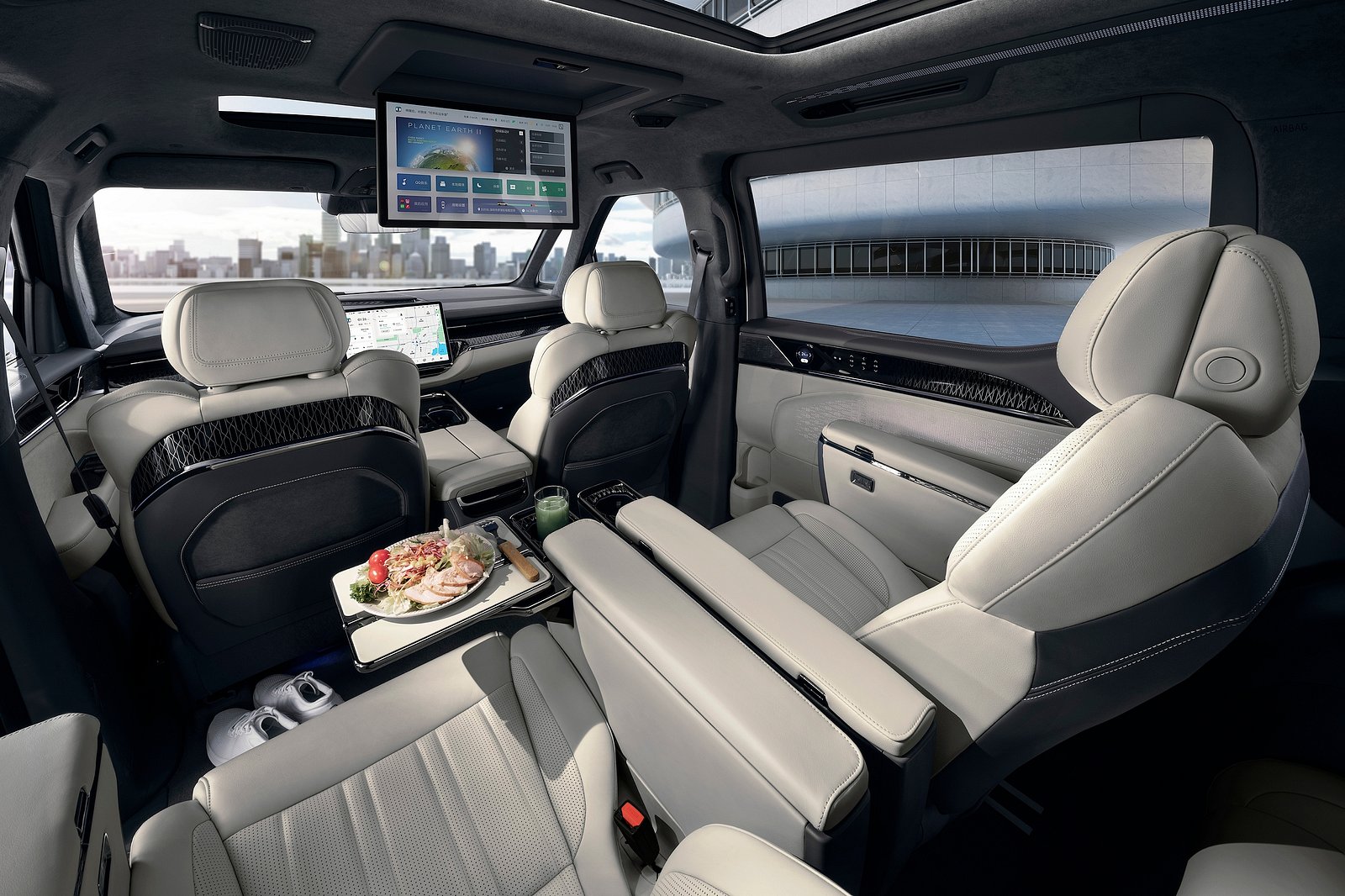 Zeekr
Zeekr
[ad_2]
Source link








Leave a Reply